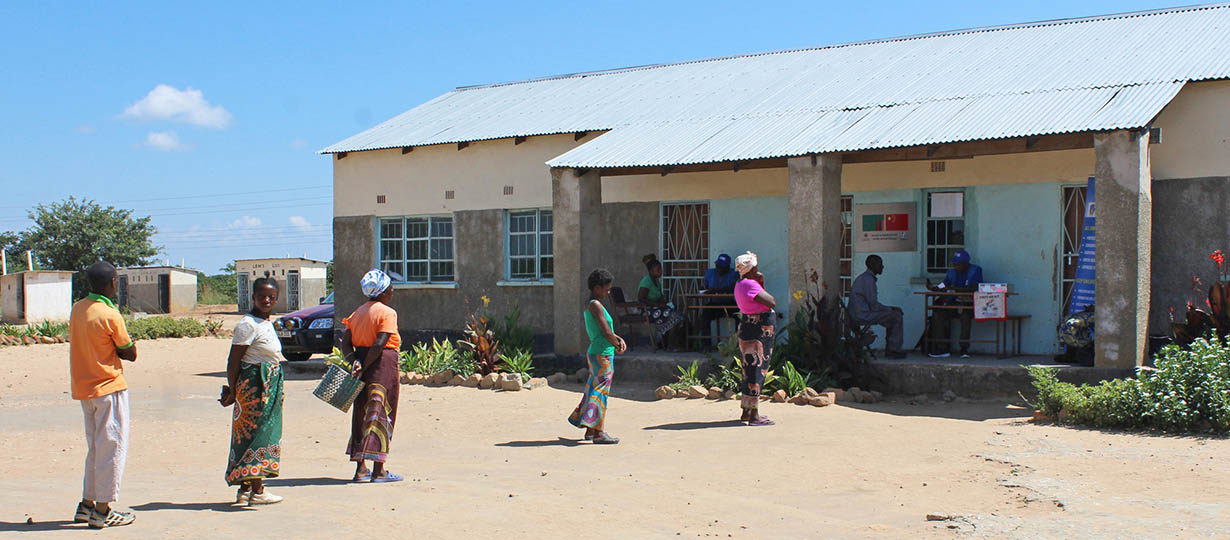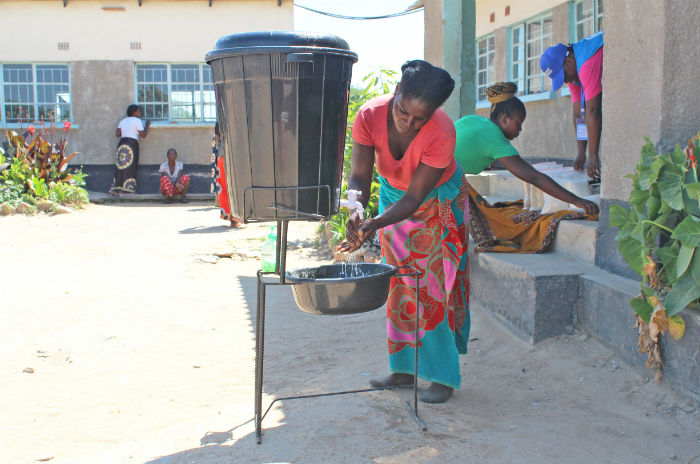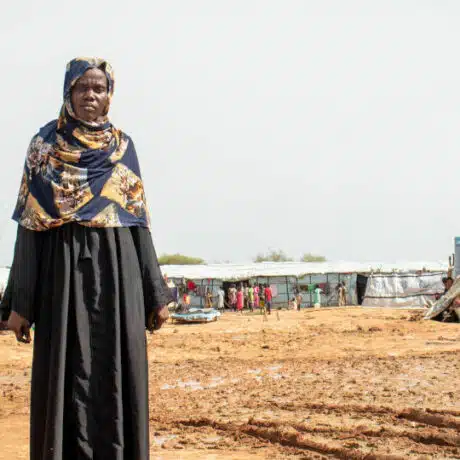News and Stories - Emergencies - 20 April 2020
Responding to COVID-19 in a food crisis

With classrooms in Zambia now empty to help contain the spread of COVID-19, Plan International has pivoted its school feeding programs to ensure children and their families don’t miss out on meals.
Before COVID-19, Zambia had its fair share of challenges. Extreme weather conditions have seen the country alternating between severe drought and torrential rainfall, impacting on crops and livestock, and causing a food crisis so severe that an estimated 15 million people across Southern Africa are currently at risk.
For communities in Zambia already struggling with food shortages, COVID-19 is yet another major threat that will intensify existing challenges, while also having devastating impacts of its own.
During emergencies, we know that adolescent girls are often among the most vulnerable. The inequalities they face on a daily basis are made much worse by poverty and crisis. Girls are often the first to be pulled out of school to work or care for younger siblings. They are often fed least and last. And during a crisis they are more at risk of being exploited and abused, through child labour and prostitution.
As part of an integrated response to the food crisis in Zambia, Plan International introduced a school feeding program in six schools in Central Province. Designed to support children’s nutritional needs and encourage them to continue their education, the project saw parents volunteering at their children’s school three times a week to prepare a meal provided by Plan International.
But in the wake of COVID-19, schools in Zambia have been forced to close, and the school feeding programme, in its original form, is no longer possible. Shifting our focus to safe, alternative ways to deliver school meals to students, we have set up distribution points at all six schools, where parents can now collect the food and take it home to prepare instead.
This new approach is helping to spread crucial health information to families too. While our emergency response staff hand out the food rations, Zambian Ministry of Health staff are onsite, providing parents with important information about COVID-19, raising awareness of the dangers of the virus and teaching the community how to protect themselves and prevent its spread.
“We have worked closely with the Ministry of Health during the distribution of food rations,” explains Child Protection in Emergency Coordinator, Elliot Ncube, “to ensure that the parents are aware of the importance of maintaining social distance, washing their hands with soap, avoiding hugs and shaking hands, among other practices.”
The school feeding program is one of many Plan International programs pivoting and adapting to meet the needs of the communities we work with at this time. As this crisis continues to unfold, we’ll be working to help communities stop the spread of COVID-19, while continuing to work for children’s rights and achieve equality for girls, no matter what. And this is why your support is so important.
You can donate to our COVID-19 appeal here.






